Scheduled Maintenance Programs: Ultimate Guide in Optimal Condition
Scheduled maintenance programs keep septic systems efficient. Learn key tasks, benefits, and best practices for wastewater system
A scheduled maintenance program is essential for keeping your septic and wastewater systems in optimal condition. Regularly planned maintenance can prevent costly repairs, extend the lifespan of your system, and ensure environmental safety.
Table of Contents
Key Takeaways
- Scheduled maintenance programs are proactive approaches to keep septic systems functioning smoothly.
- Routine inspections, pumping, and minor repairs are crucial components.
- Proper maintenance prevents system failures and environmental contamination.
- Scheduled maintenance ensures compliance with local regulations.
What is a Scheduled Maintenance Program?

A scheduled maintenance program is a proactive approach to the upkeep of septic and wastewater systems. This program involves regular inspections, timely repairs, and preventive measures to ensure your systems function efficiently. By sticking to a maintenance schedule, you can avoid unexpected breakdowns and costly repairs.
Why Scheduled Maintenance Programs Are Essential
Prevent System Failures
Regular maintenance helps identify potential problems before they become major issues. By scheduling routine checks, minor faults can be fixed promptly, preventing system failures.
Extend System Lifespan
Properly maintained septic and wastewater systems last longer. Regular pumping and cleaning prevent clogging and overloading, which can damage the system over time.
Ensure Environmental Safety
Poorly maintained systems can lead to leaks and contamination of local water sources. Scheduled maintenance ensures that your septic system is not only functioning well but also protecting the environment from harmful pollutants.
Key Components of a Scheduled Maintenance Program
Routine Inspections
Regular inspections are the backbone of any maintenance program. These inspections should include checking the septic tank, pipes, and drain fields for signs of wear and tear.
Septic Tank Pumping
Septic tanks should be pumped regularly to remove sludge and scum that accumulate over time. The frequency of pumping depends on the size of the tank and the number of people using the system.
Grease Trap Cleaning
For businesses with grease traps, regular cleaning is crucial. Grease buildup can cause blockages and foul odors, affecting the efficiency of the wastewater system.
Repair and Replacement
Timely repairs and replacements of worn-out parts are essential. This includes fixing leaks, replacing filters, and repairing pumps.
Recommended Maintenance Schedule
| Task | Frequency | Description |
|---|---|---|
| Septic Tank Pumping | Every 3-5 years | Remove sludge and scum to prevent blockages. |
| Routine Inspections | Annually | Check for signs of wear and tear. |
| Grease Trap Cleaning | Quarterly | Prevent grease buildup and blockages. |
| Filter Replacement | Annually | Ensure clean and efficient wastewater flow. |
| Pump Maintenance | Annually | Check and repair any pump issues. |
Benefits of a Scheduled Maintenance Program
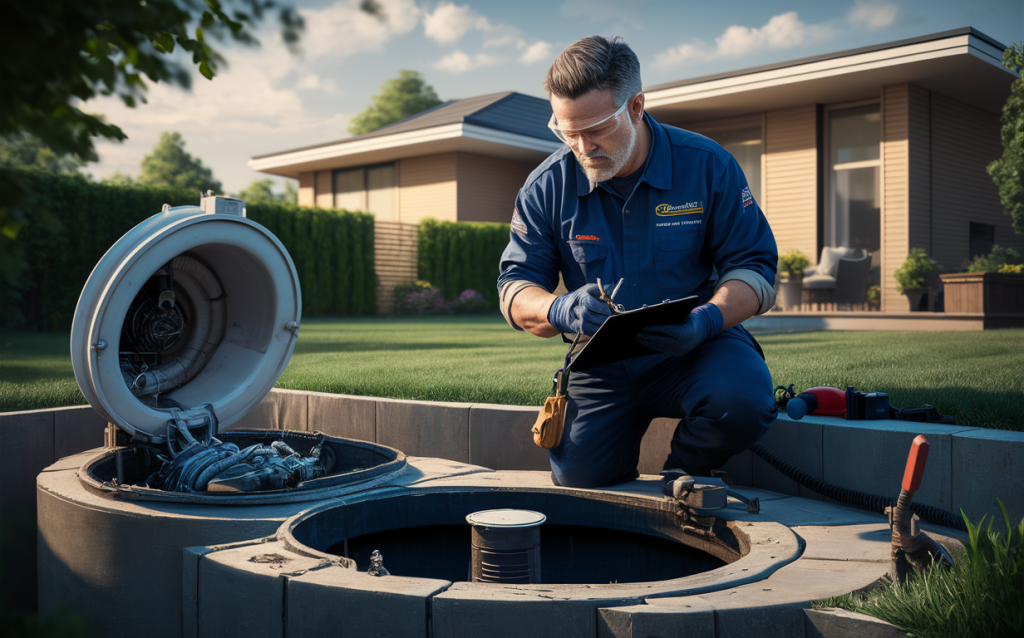
Cost Savings
By preventing major breakdowns, routine maintenance can save you money in the long run. Minor repairs are less expensive than major overhauls or replacements.
Regulatory Compliance
Scheduled maintenance ensures that your system complies with local regulations. Non-compliance can result in fines and legal issues.
Improved Efficiency
A well-maintained system operates more efficiently, reducing energy consumption and operational costs.
Identifying the Right Maintenance Schedule for Your System
Assess System Usage
The frequency of maintenance tasks depends on how heavily your septic system is used. Larger households or commercial properties may require more frequent maintenance.
Consult Professionals
Professional septic service providers can help determine the best maintenance schedule based on your system’s needs. They have the expertise to identify potential issues and recommend preventive measures.
Signs Your Septic System Needs Immediate Attention
| Sign | Possible Issue | Recommended Action |
|---|---|---|
| Slow Drains | Clogged pipes or full septic tank | Schedule immediate pumping and inspection. |
| Foul Odors | Leaking tank or blocked ventilation | Investigate and repair leaks. |
| Standing Water | Drain field failure | Consult a professional for repairs. |
| Sewage Backup | Major system blockage | Immediate professional intervention. |
| Lush, Green Grass Over Tank | Leaking tank or pipe | Check for leaks and repair as needed. |
Challenges in Maintaining Septic and Wastewater Systems
Unpredictable Usage
Sudden changes in usage patterns can stress the system. Hosting large gatherings or sudden increases in household size can impact system performance.
Environmental Factors
Heavy rains and flooding can saturate the drain field, leading to system overloads. Regular inspections can help mitigate these risks.
Aging Infrastructure
Older systems are more prone to breakdowns. Regular maintenance can extend the life of older systems, but eventually, replacements may be necessary.
How to Implement a Scheduled Maintenance Program
Create a Maintenance Calendar
Develop a calendar that outlines when each maintenance task should be performed. This ensures that no task is overlooked.
Hire Qualified Professionals
Engage a reputable septic service company to carry out the inspections, pumping, and repairs. Professionals have the tools and experience to do the job right.
Monitor System Performance
Keep a record of all maintenance activities and monitor the system’s performance. This helps identify patterns and potential issues early on.
Key Maintenance Tasks for Septic Systems
- Regular septic tank pumping
- Annual system inspections
- Grease trap cleaning
- Filter replacement
- Pump maintenance
- Drain field monitoring
Common Myths About Septic System Maintenance
Adding Enzymes Eliminates the Need for Pumping
While enzymes can help break down waste, they do not eliminate the need for regular pumping. Solid waste still accumulates and needs to be removed periodically.
Septic Systems Can Handle Anything
Septic systems are designed to handle specific types of waste. Flushing non-biodegradable items like wipes or chemicals can damage the system and lead to costly repairs.
Effective Maintenance Programs
Scheduled maintenance programs are vital for the long-term health of your septic and wastewater systems. By adhering to a regular maintenance schedule, you can prevent system failures, extend the lifespan of your system, and protect the environment. Regular inspections, timely repairs, and professional services are key components of an effective maintenance program.
Conclusion
Implementing a scheduled maintenance program for your septic and wastewater systems is a wise investment. Regular upkeep prevents unexpected breakdowns, ensures environmental safety, and prolongs the life of your system. By following the guidelines and best practices outlined in this article, you can keep your septic and wastewater systems running smoothly for years to come.
Scheduled maintenance programs keep septic systems efficient. Learn key tasks, benefits, and best practices for wastewater systems. For more information or to schedule a service, visit Texway Wastewater Services or call us.
Remember, proactive maintenance today means fewer headaches and unexpected costs tomorrow. Keep your septic system in top shape with a well-planned scheduled maintenance program.

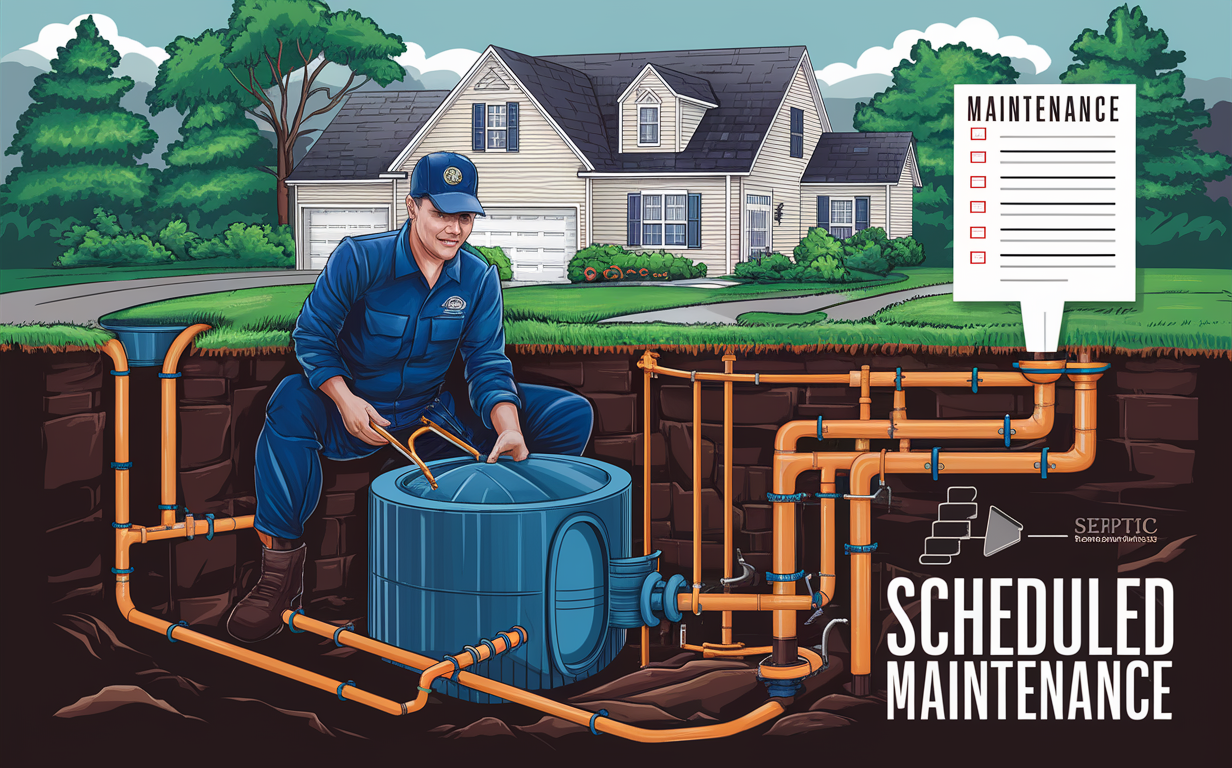
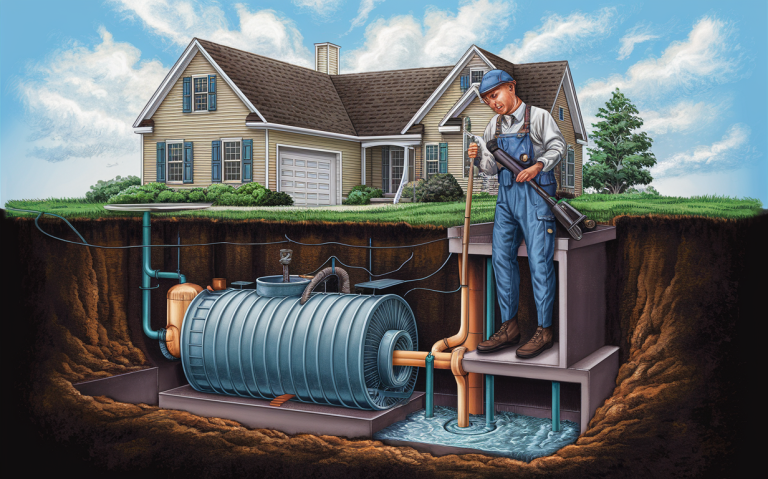
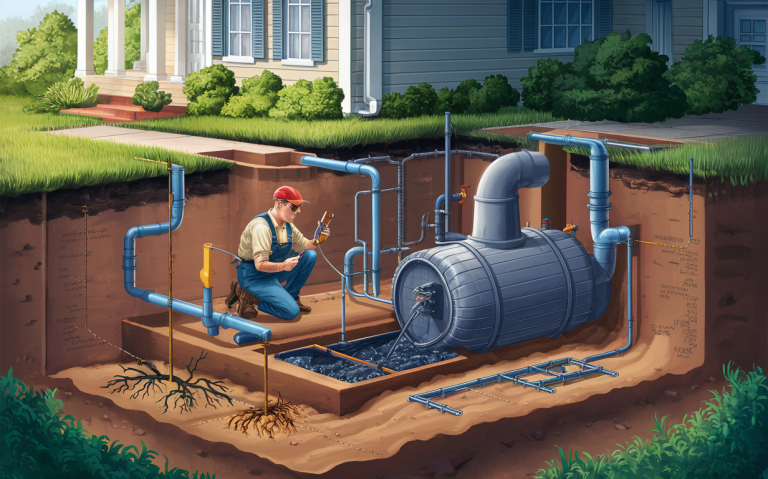
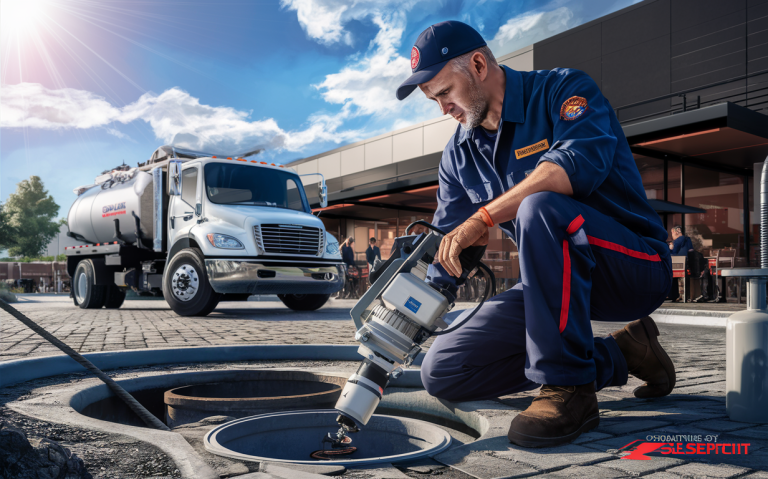
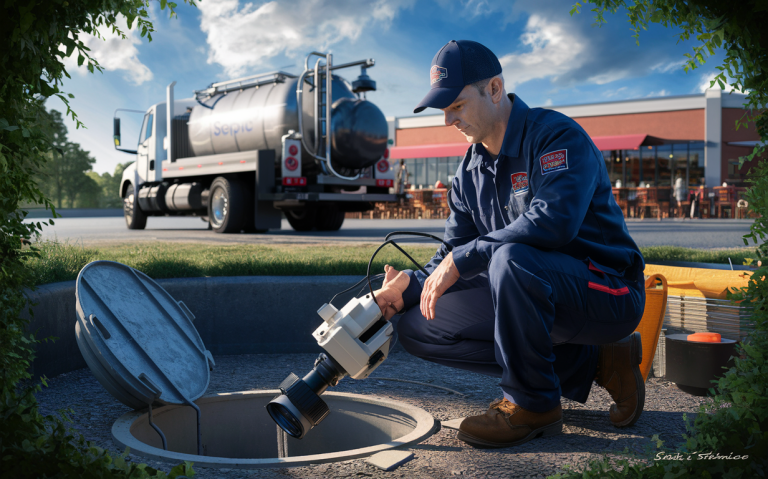
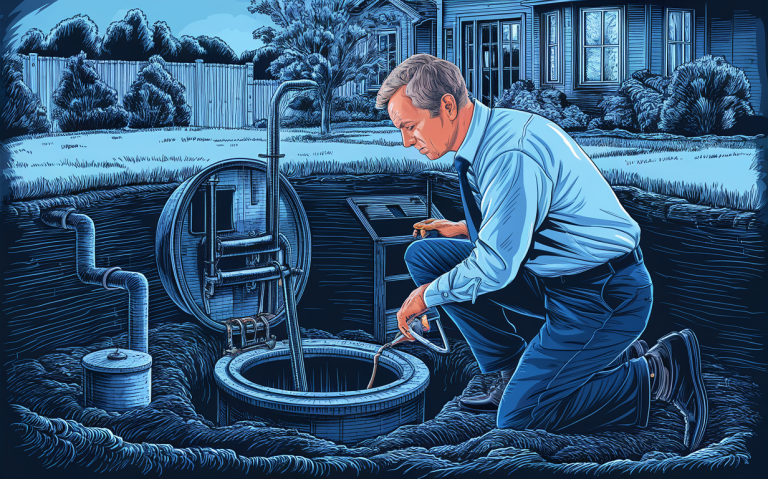
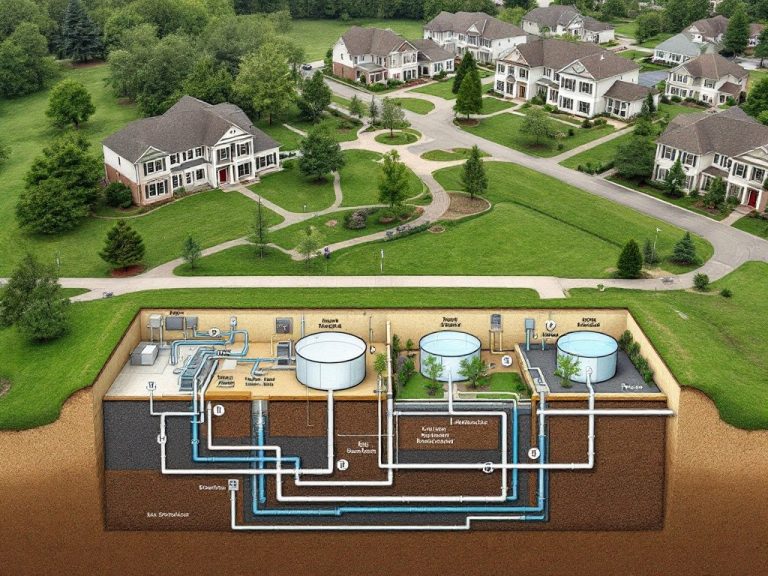
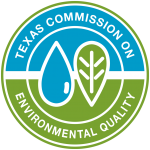 Texway Wastewater Services is a septic, wastewater, and excavation company based out of Burleson, Texas and serving the surrounding areas. We specialize in
Texway Wastewater Services is a septic, wastewater, and excavation company based out of Burleson, Texas and serving the surrounding areas. We specialize in